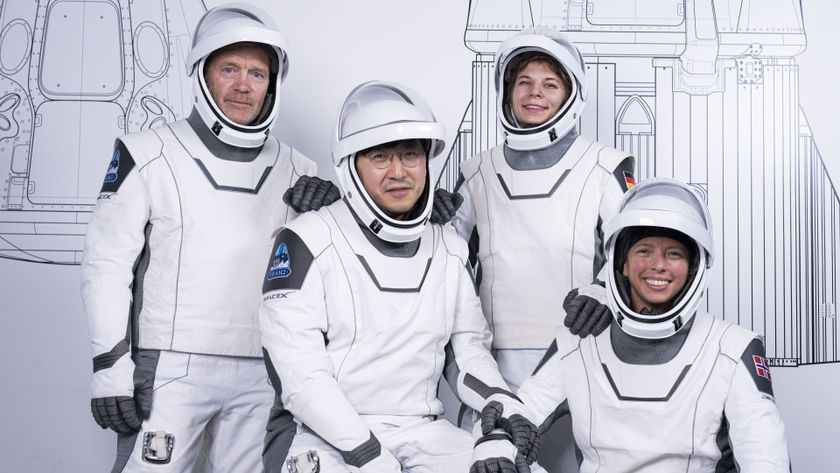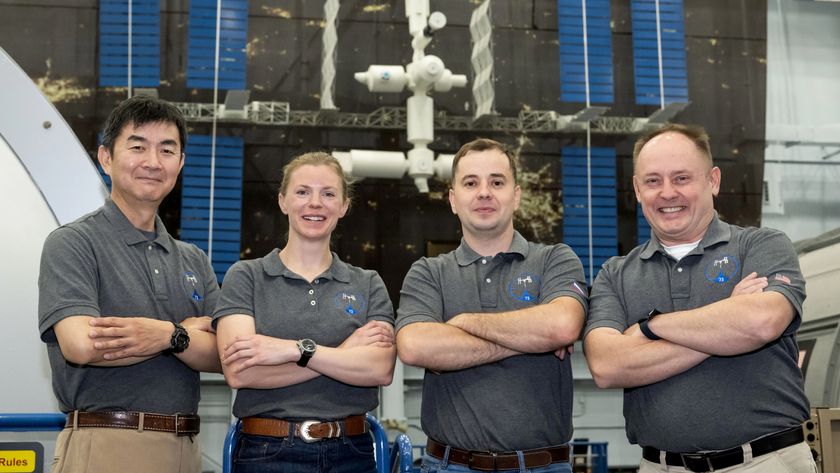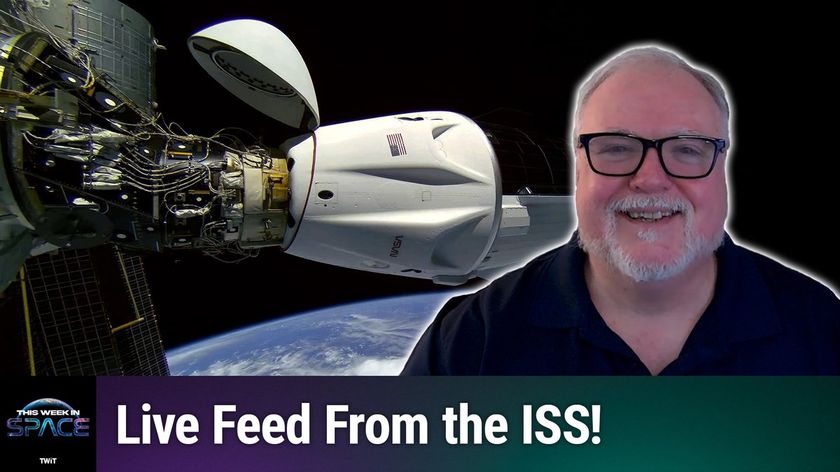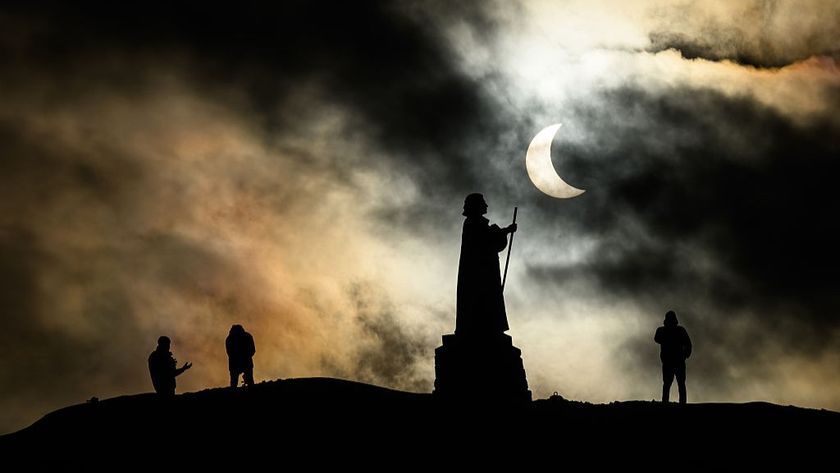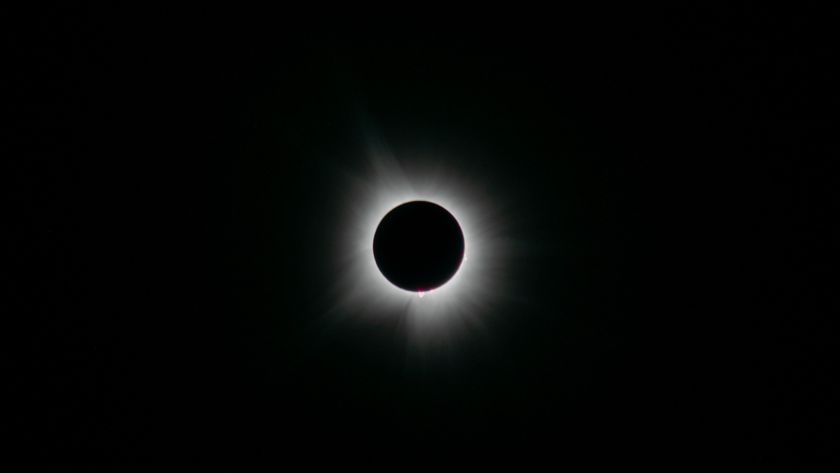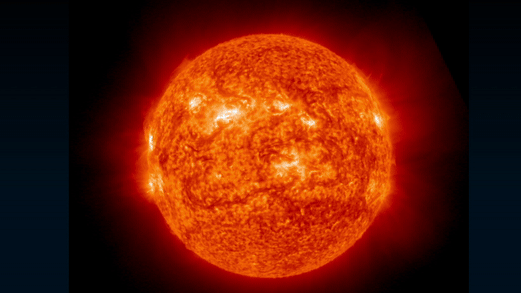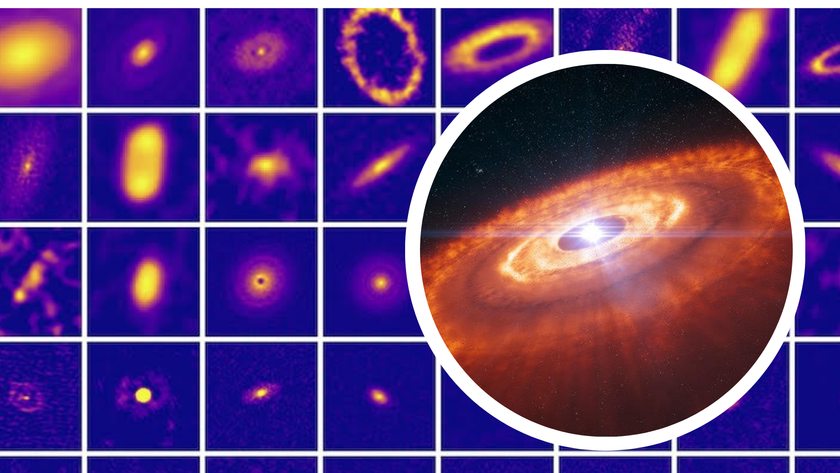Private Space Taxi Builders Pass Key Milestones for NASA
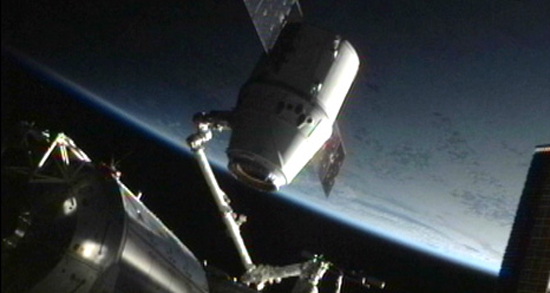
Two commercial spaceflight companies have checked off vital milestones on the path toward flights to the International Space Station for NASA, the space agency announced today (Aug. 23).
The Hawthorne, Calif.-based SpaceX has completed its Space Act Agreement under NASA's Commercial Orbital Transportation Services program, or COTS. The company is slated to launch the first of its 12 contracted robotic cargo flights to the space station from Florida's Cape Canaveral Air Force Station in October, officials said.
Meanwhile, the Dream Chaser space plane being developed by Sierra Nevada Space Systems in Colorado has reached its first milestone — a program implementation plan review — under NASA's recently announced Commercial Crew integrated Capability initiative. CCiCap is part of the agency's effort to spur the development of private American crew-carrying spaceships, to fill the void left by the space shuttle's retirement.
"We're working to open a new frontier for commercial opportunities in space and create job opportunities right here in Florida and across the United States," Bolden said from NASA's Kennedy Space Center. "And we're working to in-source the work that is currently being done elsewhere and bring it right back here to the U.S. where it belongs." [Top 10 Private Spaceships]
The flight was designed to test whether Dragon and SpaceX's Falcon 9 rocket were ready to begin the 12 official resupply flights, for which SpaceX holds a NASA contract worth $1.6 billion.
NASA also signed a $1.9 billion deal with Virginia-based Orbital Sciences Corp. for eight robotic cargo flights with its Cygnus vessel. Orbital plans to launch its first test flight with Cygnus this winter, NASA officials said.
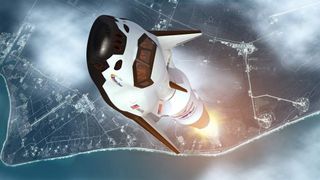
Earlier this month, NASA announced that Sierra Nevada will receive $212.5 million under CCiCap, the latest initiative of the agency's Commercial Crew Program. SpaceX will get $440 million to help upgrade Dragon to a crew-carrying craft, while Boeing was awarded $460 million for its CST-100 capsule.
Get the Space.com Newsletter
Breaking space news, the latest updates on rocket launches, skywatching events and more!
The Commercial Crew Program also awarded funding to private spaceflight firms in each of the last two years, in rounds known as Commercial Crew Development 1 and 2. Sierra Nevada got funding during both CCDev-1 and CCDev-2 as well.
NASA has said it wants at least two private American spaceships to be flying astronauts to the space station by 2017. Until that happens, the agency will be dependent on Russian Soyuz spacecraft to provide this taxi service, at about $63 million per seat.
Follow SPACE.com for the latest in space science and exploration news on Twitter @Spacedotcom and on Facebook.
Join our Space Forums to keep talking space on the latest missions, night sky and more! And if you have a news tip, correction or comment, let us know at: community@space.com.

Space.com is the premier source of space exploration, innovation and astronomy news, chronicling (and celebrating) humanity's ongoing expansion across the final frontier. Originally founded in 1999, Space.com is, and always has been, the passion of writers and editors who are space fans and also trained journalists. Our current news team consists of Editor-in-Chief Tariq Malik; Editor Hanneke Weitering, Senior Space Writer Mike Wall; Senior Writer Meghan Bartels; Senior Writer Chelsea Gohd, Senior Writer Tereza Pultarova and Staff Writer Alexander Cox, focusing on e-commerce. Senior Producer Steve Spaleta oversees our space videos, with Diana Whitcroft as our Social Media Editor.
